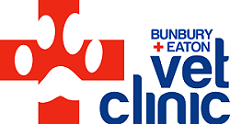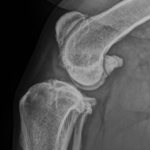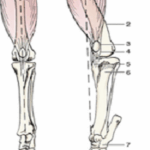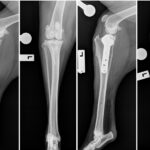
Injured Kangaroo
With the recent fires over east, I thought it is a good chance to discuss what you should do if you find animals in need of assistance.
Here are a few tips on what to do.
1. Visually check if the animal has any paint marks or ribbons. If either of these are present, that means that the animal has already been attended to by someone.
2. If safe and necessary, quietly approach the injured animal. Startling it may cause further injuries and stress.
3. Check if the animal is responsive.
a. Carefully and gently touch the animal with an object. If the animal does not respond, then it means that it is either unconscious or dead.
b. Be very cautious of sharp beaks, claws, teeth and horns which can harm you.
c. Remember, injured animals can behave unpredictably. They might attack even if they appear calm.
d. Do not approach any animals that can injure or kill you, such as snakes, emus, cows, sheep, owls, eagles and large kangaroos.
e. Do not touch bats as they may carry dangerous viruses.
f. Do not attempt to treat the injured animal unless you have professional training.
4. If you find a dead kangaroo, wallaby or possum, check the pouch for any joeys. You can do this by gently touching the belly and searching for movement or bulkiness.
If possible, move dead animals away from roads as their predators could be in danger of becoming roadkill.
5. If required, use a towel to gently wrap and pick up the injured animal and place in a well-ventilated, cardboard box (lined with a towel).
If possible, gently cover their eyes to minimise stress.
6. With the lid secured, the box should be placed in a cool, dark and quiet location.
a. It is important to take extreme care when handling injured animals, particularly fragile ones such as birds and small mammals.
b. Keep cats, dogs and children away from the injured animal to prevent any potentially harmful interactions.
c. If the animal is an orphaned young animal, it will need to be kept warm.
7. Once the animal is secure, search the immediate area for any young offspring.
8. Do not provide food or water to an injured animal unless advised to do so by a trained professional.
a. Please note that only people authorised can care for native animals, and it’s illegal to keep them as pets.
9. Report the injured animal to your local vet / WIRES or accredited state agency that deals with injured animals.
Important information to report includes:
a. Your name
b. Your contact details
c. The type of animal
d. The type of injuries on the animal
e. Where the animal as found
f. A photo of the injured animal taken on your phone.
12. If you are advised to drive the injured animal to the local vet or wildlife hospital, it is best to place the box (with a secure lid) on the front passenger’s seat.
a. While driving, it is best to switch the radio off to minimise noise-related stress and drive safely.
b. Do not leave the injured animal in the car without supervision, particularly on hot days.




Best view in the town !